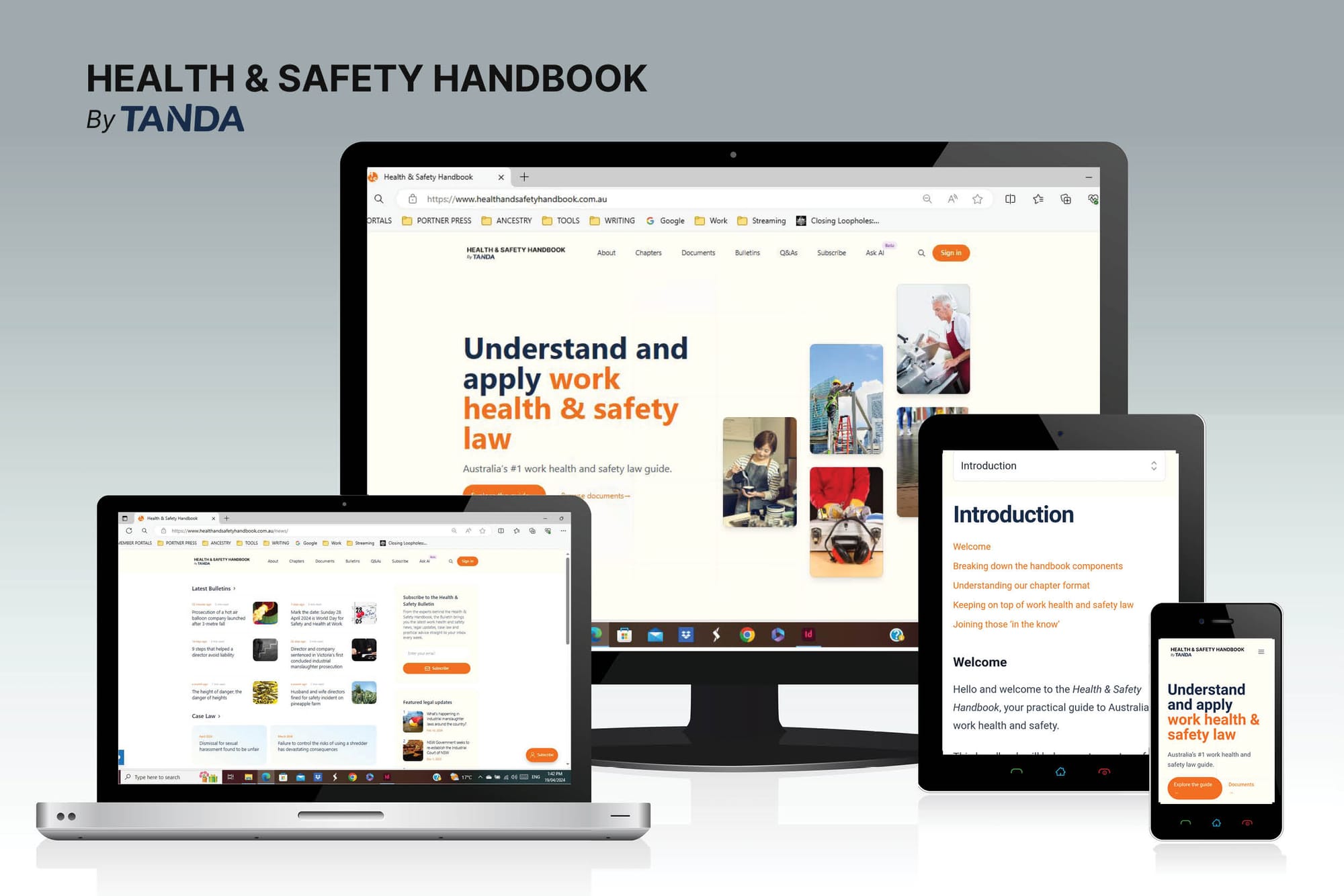What to include in your anti-discrimination policy
Anti-discrimination legislation makes employers vicariously liable for the unlawful discriminatory acts of their employees and agents. The only way the employer can defend against this liability is if they can show they took all reasonable precautions to prevent the conduct.
Having a properly drafted equal opportunity or anti-discrimination policy is an important first step.
At a minimum, your policy must explain what unlawful discrimination is – and what it is not.
The policy also needs to clearly state the employer’s perspective, namely:
- the employer’s commitment to ensuring its employees do not experience unlawful discrimination;
- the legal consequences for an employee who engages in unlawful discrimination, and for the employer; and
- how those who see or experience unlawful discrimination can do something about it.
The policy should state the broad scope of anti-discrimination laws, namely the fact they apply:
- to anyone who works for the employer, whether as director, manager, employee, contractor, subcontractor, apprentice, student placement, volunteer or agent;
- when these people carry out that work for the employer, whether that be in the office, away from the office and/or outside working hours, and attending work-related social functions, conferences, training and development sessions, or client events.
The policy should set out the steps the employer will take when it receives a report of unlawful discrimination. It should indicate that the employer will genuinely consider the wishes of the person making the report and the impact its decisions may have on them.
In certain cases, the employer may need to investigate the reported matter, regardless of whether this is consistent with the wishes of the person making the report.
Finally, the policy should state that if an employee is found to have engaged in unlawful discrimination, they should expect consequences, which may include:
- a requirement that they participate in counselling or training on expected standards of behaviour;
- a requirement that they participate in a conciliation or mediation with the person making the report;
- a warning that their employment will be in jeopardy if there are further instances of inappropriate behaviour or other misconduct engaged in by them; and
- dismissal.
For more information about managing the risk of discrimination in your workplace, review the Employment Law Handbook chapter, Discrimination.

Get the latest employment law news, legal updates, case law and practical advice from our experts sent straight to your inbox every week.

